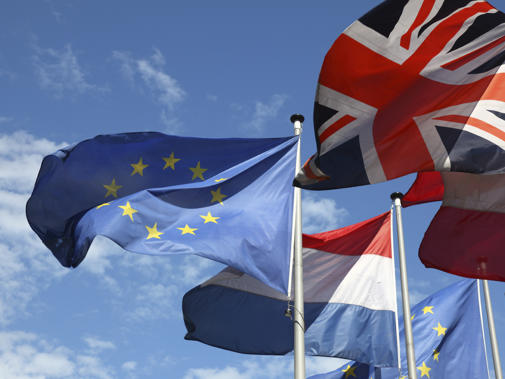The association is among the more than 100 medical bodies, scientific organisations and universities that have signed a statement calling for the UK’s participation in the EU’s Horizon research programme.
With the UK and EU having expressed a commitment in principle to continuing collaboration in research as part of any future trading relationship, the statement – which was drafted by the Wellcome Trust and Universities UK International – urges both sides to put the shared interest of scientific and medical research first.
Cooperation
It says: ‘Horizon should be a core part of the future relationship between the EU and the UK for research, underpinning valuable scientific partnerships that have been built up over many years.
‘We have all reaped the health benefits of these collaborations. Clinical trials, particularly on diseases with limited patient populations, are reliant on EU-UK collaboration, while close research partnerships continue to accelerate life-changing medical research.
‘Our ability to respond to the threat of climate change and outbreaks of new diseases such as COVID-19 has also been greatly improved by close scientific and clinical partnerships across Europe.
‘Knowledge and discovery do not stop at borders, and the shared global challenges we face require joint solutions. Collaboration through the research framework programmes is a springboard to productive partnerships across the world.’
The statement adds: ‘We owe it to future generations in the UK, the EU and beyond to ensure that the new EU-UK relationship best serves them through research.’
UK finance
Noting the various issues that need to be addressed to enable the UK’s successful and continued role in the Horizon research programme, the letter emphasises the need for both sets of negotiators to determine how UK participation can be financed now that it is no longer an EU member state.
It also adds that establishing reciprocal mobility arrangements to allow for researchers to move freely and easily between the UK and Europe and reaching agreement on how joint research results can be shared among third-party countries to benefit global health are of key importance.

